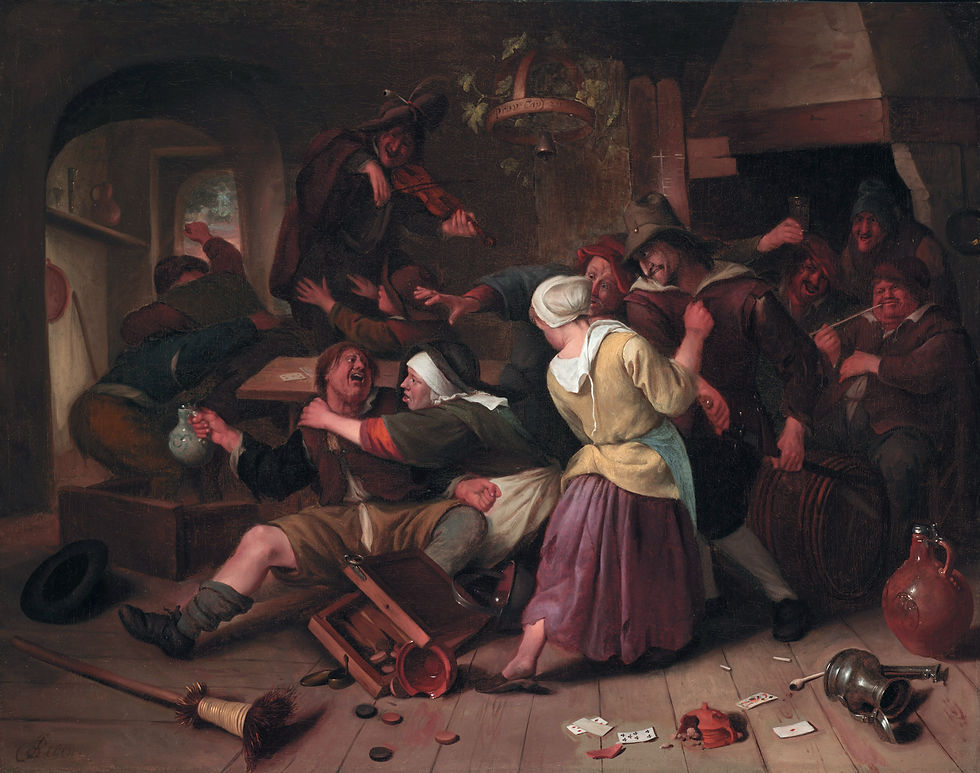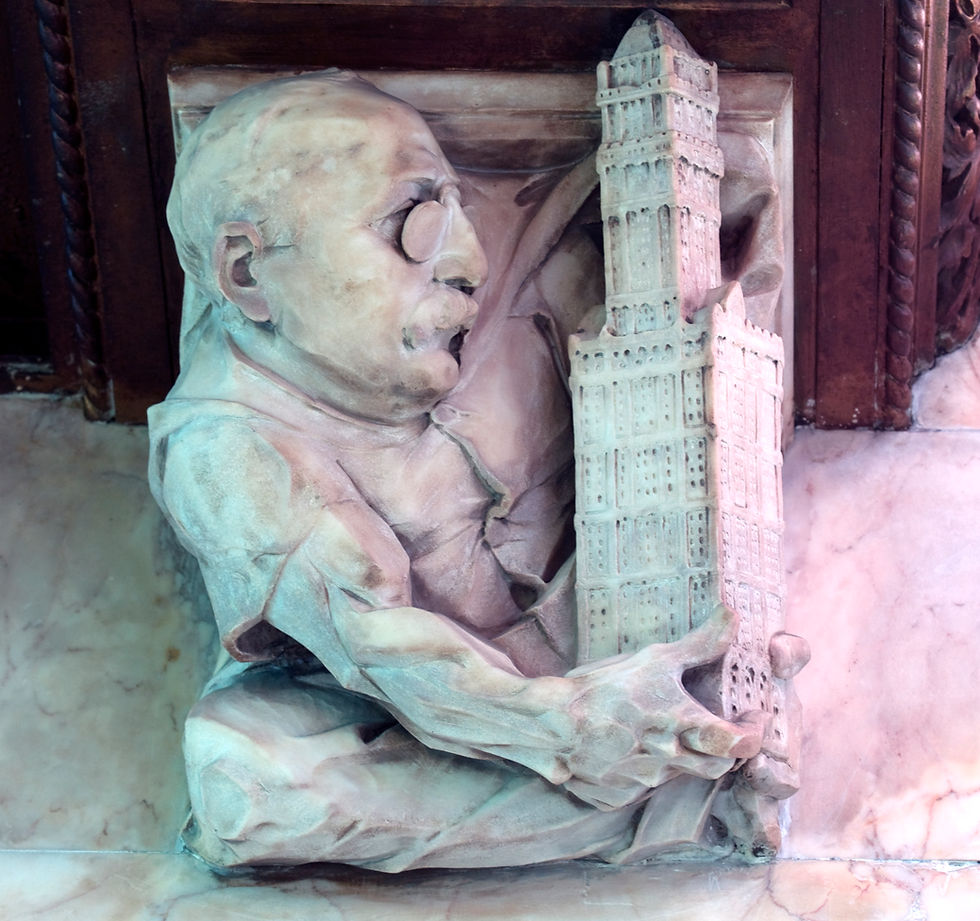Article: Consequences, Conscience, and Fallibility: Early Modern Roots of Toleration
- Nov 15, 2021
- 1 min read
Updated: May 10, 2022

Arash Abizadeh. "Consequences, Conscience, and Fallibility: Early Modern Roots of Toleration." Critical Review 34.1 (2022): 16-27.
Abstract: The transition away from the highly intolerant and persecutory regimes of late-medieval and early-modern Europe was facilitated by four important developments. First, Europeans learned that social order and cohesion are threatened less by diversity than by intolerance of it. Second, the traditionally paternalist vision of the state’s role was called into question by a new valuation of the individual conscience and consequently of individual liberties. Third, the assumption that the meaning of symbols is objectively determined was replaced by the recognition that symbols are intersubjectively determined by convention. Fourth, Europeans began to distinguish two senses of publicity: visibility and representativeness. The tenacious hold of these four assumptions is illustrated by laws of laïcité, which harken back to the medieval mindset on all four counts.



Comments